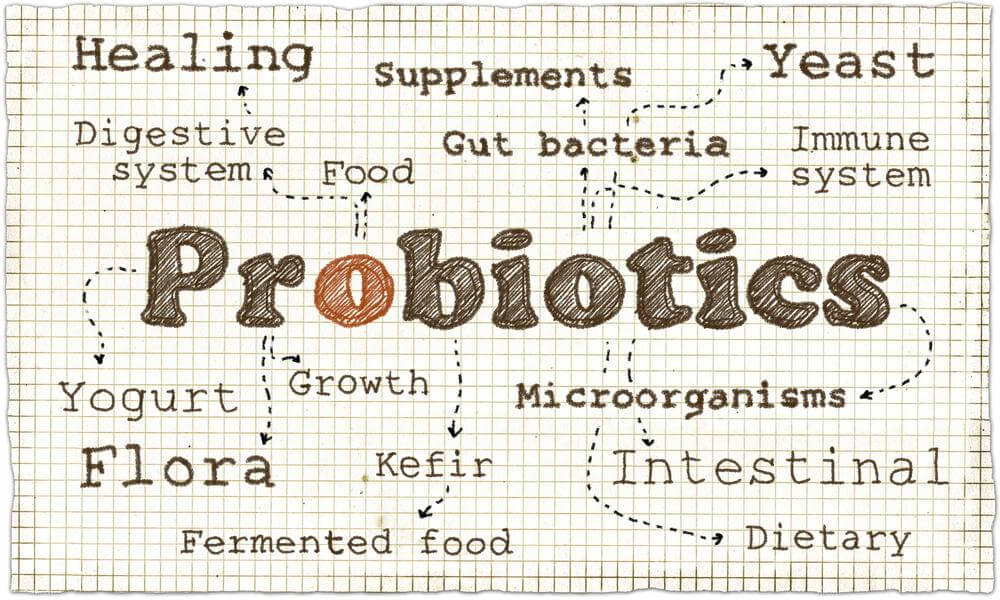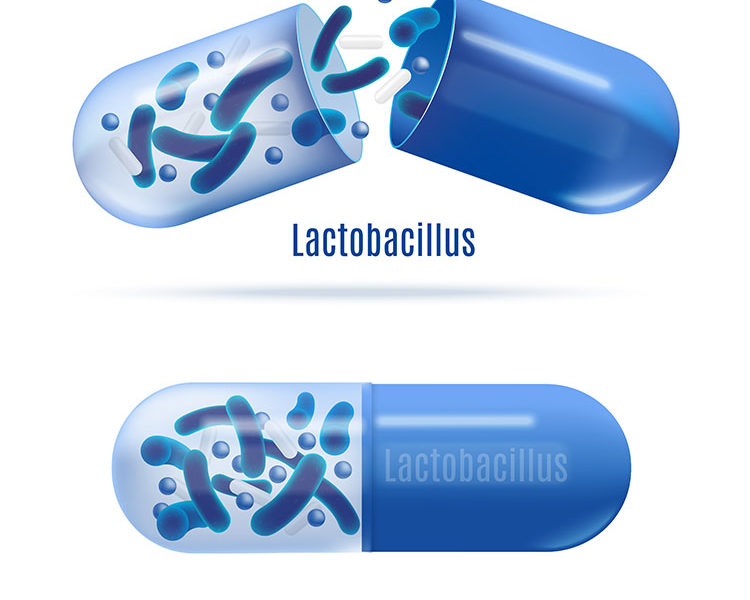
How We Create Shelf-Stable Probiotics for Dietary Supplements
Shelf-stable probiotics are more popular than ever, as probiotics use has grown worldwide by leaps and bounds. Probiotics that are shelf-stable are useful for supplement packagers, retailers and consumers alike. Shelf stable probiotics are different in that they do not require refrigeration.
Refrigerated vs. Shelf-Stable Probiotics
Storing probiotics in refrigerator temperatures keep bacteria “dormant,” ensuring the metabolism of probiotics slows down. This means the lifespan of probiotic bacteria can be extended, much like refrigerated food often lasts longer than food kept at room temperature. Shelf-stable bacteria, however, are spore forming bacteria. While in spore form, these shelf stable bacteria are protected from the environment, and thus, do not require refrigeration.
Probiotics Manufacturing
You may be wondering how probiotics supplements (and probiotics-rich foods) are made. Vials containing bacteria are kept frozen to maintain long-term stability until they’re ready for production to begin. Vials are then thawed and checked to make sure they’re free from contaminants. A culture medium containing strain-specific nutrients is then prepared, and bacteria are added to it to become active and multiply.
Bacteria are then transferred to an industrial fermenter and live bacteria are filtered out to remove excess water. The bacteria are then mixed with materials that help them survive during the remaining steps in the stabilization process.
Stabilizing Probiotics
Unlike typical Lactobacillus or Bifidobacterium, spore-forming probiotic bacteria are innately shelf-stable. While in the spore form, Bacillus coagulans and Bacillus subtilis are protected from the environment, providing stability without the requirements of refrigeration. This makes production procedures easier for manufacturers and is also more convenient for the consumer.
1. Careful Strain Selection
Bacterial strains are carefully selected as part of the production process. Spore-forming bacterial strains, such as Bacillus coagulans and Bacillus subtilis, not only survive, but thrive at room temperature. In addition, a unique probiotic yeast, Saccharomyces boulardii, also survives well at room temperature. The advantages of shelf-stable probiotics are clear, particularly when compared to other strains that are more temperature-sensitive and require refrigeration.
2. The Spore Protects the Probiotic
The spore protects the probiotic organism against stomach acid while in the stomach. The low pH of the stomach actually stimulates the spore-forming probiotic so that it becomes active when it enters the small intestine.
3. Following Manufacturing Guidelines
Ensuring the highest quality shelf-stable probiotics supplements means taking a few extra steps to ensure manufacturing protocols meet recommended guidelines. During handling, probiotics must be kept in cold temperatures and in areas of low moisture.
Tests must be performed to ensure quality standards meet U.S. Food and Drug Administration (FDA) guidelines, and the number of colony forming units (CFUs) are maintained until the date of the shelf-life expiration. Using third-party testing agencies proficient in probiotics testing helps ensure quality is top-notch and the number of CFUs listed on product labels is accurate–even in room temperature storage over long time periods.
The manufacturing environment needs to be kept clean to prevent cross contamination, with quality control measures in place at all times. After cleaning is performed, visual inspection and adenosine triphosphate (ATP) swabs can be taken in manufacturing areas to ensure cleaning was thorough and effective.
Reaping Benefits of Shelf-Stable Probiotics
You can’t go wrong when adding self-stable probiotics to dietary supplements. Consumer demand is high! Projected global probiotics sales for 2020 are $96 billion, and growth between years 2016 and 2021 is expected to be 38 percent, according to the International Probiotics Association.
With the numerous health benefits of taking probiotics supplements – from fewer bouts with diarrhea and infections to better digestion and increased immunity – U.S. and global growth of probiotics continues. Creating shelf-stable probiotics supplements vs. those requiring refrigeration means convenience for consumers and manufacturers, which can drastically boost revenue for probiotics manufacturers.*
- These statements have not been evaluated by the Food and Drug Administration. This product is not intended to diagnose, treat, cure, or prevent any disease.




